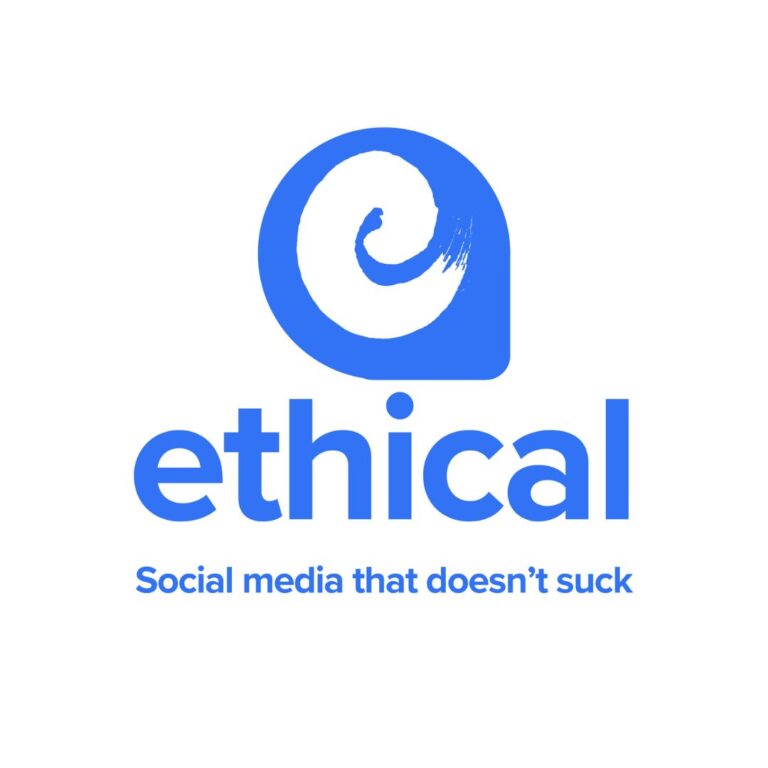
Is the master’s degree actually the new bachelor’s?
Is a bachelor’s degree relevant in the job hunt?
We’ve all heard the (economic) benefits of getting a bachelor’s degree, and there’s a debate raging over whether graduate school is necessary or even worth it—now, the New York Times is reporting that so-called credential inflation is making the master’s degree the new standard.
There are several factors that go into this credential inflation, including universities’ desires to make ever-larger amounts of money, companies’ need to filter through a growing applicant pool for fewer job openings, and students’ requests for greater real-world applicability of their studies.
In response, the master’s is growing, both in the number of students receiving them and in the number of types offered. More students are graduating with more master’s degrees, with the article citing examples like master’s in Jewish studies, skeletal and dental bioarchaeology, learning and thinking, or law enforcement administration.
As one economist in the article put it, “There is definitely some devaluing of the college degree going on.”
Is some of this too much, too commercial, too driven by profit? Maybe, and the article cites the example of Walter Stroupe, chairman of the criminal justice department at West Virginia State University, who notes that while the new master’s degree in law enforcement administration is unnecessary (in fact, a college degree is unnecessary as well), the degree does provide real benefits to students. In the case of the law enforcement administration degree, it might not be necessary to become a police officer, but the education offered might help someone become better able to handle complex situations and “elevate the professionalism.”
So new master’s degrees are being offered as a form of additional training, which isn’t necessarily a new trend. Consider the M.B.A. Companies have long used the M.B.A. as a filter for job candidates, though it is not always a required credential, and many companies will pay for middle managers to obtain an M.B.A. because the benefits of that training and education come back to the company. So might this be a continuation of that same trend, in new areas?
Maybe. After all, many of the economic factors involved in the rise of the M.B.A. can probably be traced to the rise of the master’s degree in general. A growing pool of job candidates probably increases the pressure on companies to successfully filter through the applicants, more people are going back to school rather than be unemployed in a poor job market, etc.
The long-term implications can be scary from here, though. Even if “the economy” and the job market get better soon, that likely won’t change the new, raised baseline of credentials. Credential inflation isn’t something that is easy to combat—it changes people’s expectations, and those changed assumptions can have very real impacts on the future job market.
Of course, this assumes that there really is such a thing as credential inflation, and that it’s as drastic as the Times made it out to be. There’s a good chance that this is too alarmist and too early to call, but shouldn’t we watch out?
Let’s just hold off on analyzing “credential inflation” for a few years, wait and see what happens. I think college students have enough to worry about without having this having over our heads.
For the New York Times article “The Master’s as the New Bachelor’s” that inspired this blog post, click here.















